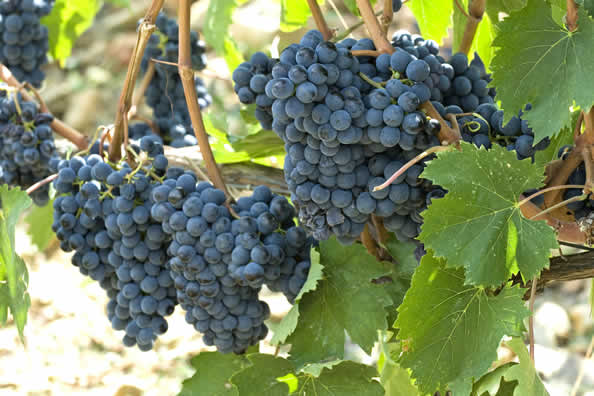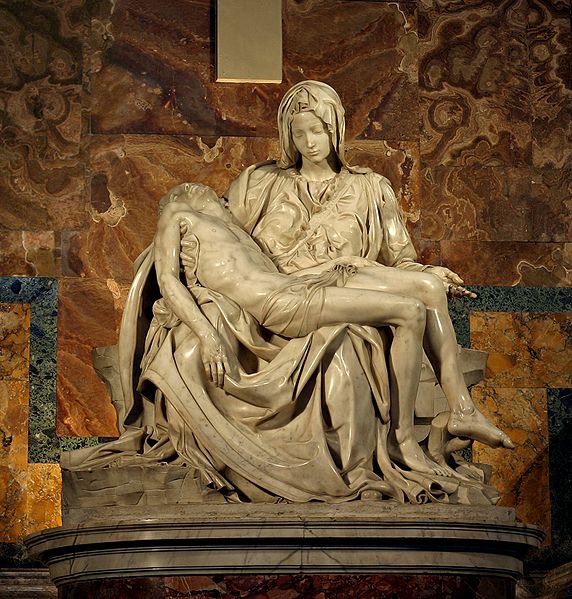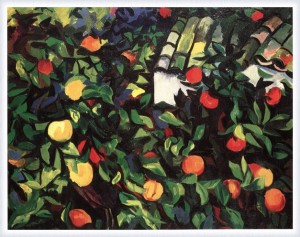From the Los Angeles Times:
LOS ANGELES — Dino De Laurentiis, the flamboyant Italian movie producer who helped resurrect his nation’s film industry after World War II and for more than six decades produced films as diverse as the Federico Fellini classic “La Strada” and the 1976 remake of “King Kong,” has died. He was 91.
Mr. De Laurentiis, who moved to the United States in the 1970s and continued to produce films until 2007, died Wednesday night at his Beverly Hills home, his daughter Raffaella De Laurentiis said Thursday. The cause was not given.
Mr. De Laurentiis began his career as a producer in Italy in the 1940s and in the next decade produced two Oscar-winning best foreign films: Fellini’s “La Strada” (with then-partner Carlo Ponti) and Fellini’s “Nights of Cabiria.”
During the De Laurentiis-Ponti partnership in the ’50s, they launched into foreign-film production in Italy, producing director Mario Camerini’s “Ulysses,” and King Vidor’s “War and Peace.”
As producers in Italy after World War II, “De Laurentiis and Ponti in particular took the function of producer, which had never been highly regarded in European cinema before this and raised it to a higher level,” said University of Southern California film professor Rick Jewell.
In 1962, the producer began building a sprawling studio complex on the outskirts of Rome that he called Dinocitta: Dino City.
During the 1960s he produced films such as “Barabbas,” “The Bible” and “Barbarella.” Mr. De Laurentiis is credited with pioneering the now-common practice of financing films by preselling the distribution rights in foreign countries.
After selling his studio and moving to the United States in the 1970s, De Laurentiis produced films such as “Serpico,” “Death Wish,” “Three Days of the Condor,” “The Serpent’s Egg,” “Ragtime” and “Conan the Barbarian.”
.
Further reading:
- Dino de Laurentiis Company Official Website
- New York Times: Dino de Laurentiis, Prolific Film Producer, Dies at 91
- National Public Radio: Dino De Laurentiis, Famed Film Producer, Has Died
- LIFE magazine: Who Was Dino De Laurentiis?
- People magazine: Dino de Laurentiis Dies
- Fox News: Italian Film Legend Dino de Laurentiis Dead at 91
- Internet Movie Database: Dino De Laurentiis
.









